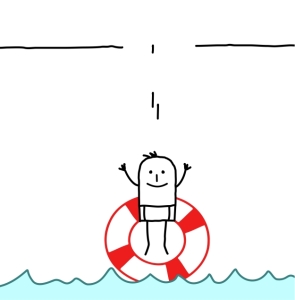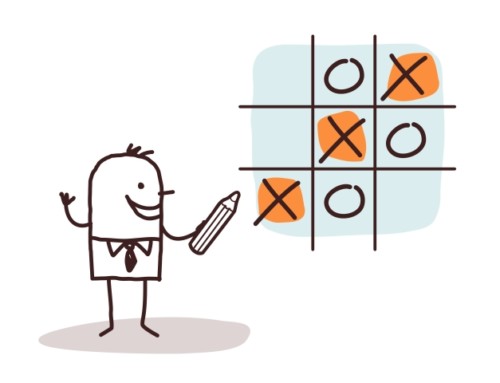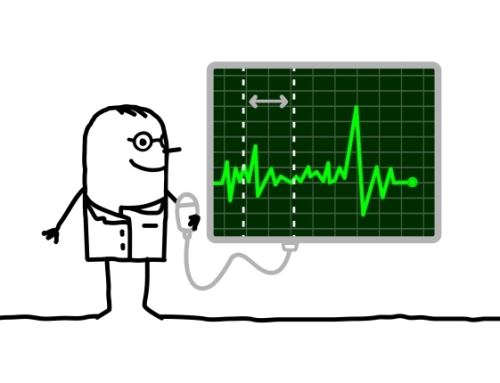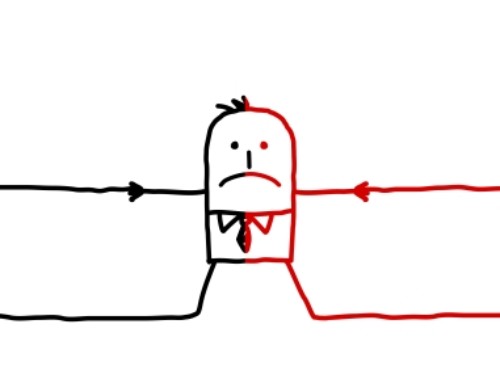In this article, I discuss a technique to manage urges to engage in unhelpful behaviours in a variety of situations.
In my work as a Calgary psychologist and a Cochrane psychologist, many clients seek help with issues in which they ‘act out’ quickly and reflexively in response to urges, leading to negative consequences. The list includes people acting out with verbal or physical aggression in response to anger, acting out with eating issues including binge-eating and purging, as well as acting out through the use of alcohol, drugs and gambling.
In many instances, acting out by engaging in these problematic behaviours is very quick in response to the urge to the point of being reflexive. In the following sections, I will discuss a technique which makes it less likely you will act out reflexively in response to urges by employing a reflective alternative known as ‘delay and distract’. I learned a lot about how to use this skill in a workshop given at the Beck Institute for Cognitive Behavior Therapy (CBT) by Dr. Cory Newman on helping clients with substance use issues.
Steps in using delay and distract
The first step in using delay and distract is delaying acting impulsively on your urges. Delay works much like the conventional advice to ‘count to ten’ when you’re angry to avoid blowing up.
The next step is to distract yourself from the negative thoughts which are the source of your urge to act out. There are many ways to distract yourself from these ‘hot thoughts’—getting out of the environment which is the focus of your negative thoughts, switching the topic of conversation, and thinking of something pleasant or relaxing are a few examples. Taking the focus off your negative thoughts with distraction should significantly decrease your urge to act out.
Having explained the steps in delay and distract, in the following sections I will discuss how this technique can be used to reduce the urge to act out with specific issues.

Delay and distract with substance use issues
Delay and distract with substance use issues involves delaying acting on the urge to use the substance and distracting yourself until the urge decreases to the point that you are less likely to act on the urge to use. The technique can be used with urges to use alcohol and drugs as well as for urges to gamble.
Delay and distract with eating disorders
Delay and distract for binge-eating involves delaying acting on the urge to binge eat and distracting yourself until the urge decreases to the point that you are less likely to act on the urge to binge eat. For purging—a feature which often follows binge-eating in bulimia– delay and distract involves delaying acting on the urge to purge and distracting yourself until the urge decreases to the point that you are less likely to act on the urge to purge.
Delay and distract with anger management issues
Delay and distract with anger management issues involves delaying acting on the urge to behave with verbal or physical aggression and distracting yourself until the urge decreases to the point that you are less likely to act on the urge to engage in aggressive behaviour.
Practice to become proficient at delay and distract
As with many skills worth acquiring, your ability to successfully implement delay and distract will improve the more you practice it. Once you become proficient at it, you will undergo a change of thinking when you have urges toward the belief that just because you have an urge to engage in a behaviour does not mean you must act on that urge. Being able to manage your behaviour in this way will have a significant positive effect on your life.
A psychologist who specializes in CBT can help you in your implementation of delay and distract. I help my clients use this skill in addiction counselling, eating disorders counselling and anger management counselling.
May you delay and distract to manage your urges to engage in unhelpful behaviours,
Dr. Pat




Leave A Comment